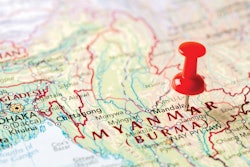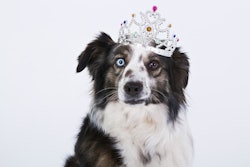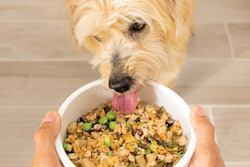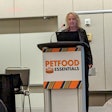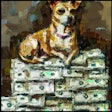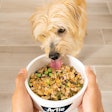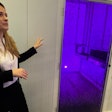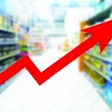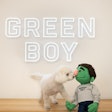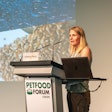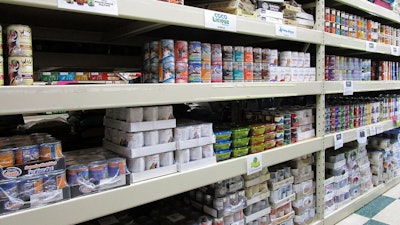
During the past several years, private label brands expanded their share of the European pet food market, with the trend seeming more potent in Eastern Europe.
The ALDI press office recently revealed that since 2019, the sales of private label pet food in ALDI stores in Poland have been growing by 20% per year on average.
"In 2023, our own wet food brand, Topic, ended up in the top five most frequently purchased products in ALDI stores," said Luiza Urbańska, a representative of ALDI Polska press office. "Customers bought a total of over 5 tonnes of this food last year."
Another powerful trend in the pet food market is the growing presence of discount stores in the supply chain. Last year, around 37.5% of pet food in Poland was sold through discount stores, 2.5% up compared with the previous year, ALDI reported, citing a study by Nielsen, a U.S.-based research firm.
Private labels, which are products manufactured by one company for sale under another company's brand, have acquired nearly a third of the overall value share in Europe, as reported by Circana, a U.S. market research company, in September 2023. This indicates a significant shift in consumer preferences toward more affordable alternatives to branded pet food.
Circana added that in 2022, private-label pet food increased its share of the €10.8 billion (US$11.5 billion) category by 18%, or €3.6 billion (US$3.8 billion), across Europe's six largest markets: France, Italy, Germany, Spain, the UK and the Netherlands.
The tendency registered on the pet food market is consistent with the general development vector of the FMCG market, which is increasingly leaning toward private label brands, Private Brands 2023, a marketing study by GfK, an international consultancy, indicated.
In 2023, private label brands accounted for 22.1% of sales in the Polish FMCG market, which includes pet food. In monetary terms, this was equal to PLN 48 billion (US$11.8 billion). GfK analysts are confident that the growth opportunity is huge, and the private label brands' share will climb to 25% in 2025.
"This development is stimulated not only by the still high inflation but also by the quality, which, according to many buyers, is no different from branded products," said Michał Maksymiec, retail vertical client director at Consumer Panel Services GfK.
Geographical split
Private label pet food brands appeared to be way more successful in Eastern Europe than Western Europe, which could be partly attributed to a difference in population incomes. In 2023, the sales private label pet food brands grew 16% in value in Western Europe, and 24% in Eastern Europe, Aleksandras Bacevicius, research analyst at Euromonitor International, noted.
"Almost in all countries, private label growth outpaces inflation, meaning not only the actuals but also the percentage share of the whole market is growing," Bacevicius said.
According to Bacevicius, the trend is pushed forward by two main factors.
"Passively, it's the constant improvement of private label pet food quality and the overall improvement of calorific coverage; actively, it's a direct effect from the cost-of-living crisis caused by the period of high inflation in the past two years," Bacevicius said.
Despite improving product quality, most private label pet food brands are positioned in the economy price segment. This status quo, however, may not last forever.
"Private label is almost as big in mid-priced segment as it is in economy segment in Western Europe, which is a testament to the improving quality of private label offerings for pets, Bacevicius said. "Even more so, private labels are growing in the premium price segment but hold a much smaller market percentage share. These are usually very high-quality independent brands."
Certain future
Euromonitor International anticipates the share of private label brands is poised to continue its upward trajectory in Europe. The analysts underline that consumers are still keen on reducing their expenses amidst the ongoing cost-of-living crisis. Consequently, the majority of private labels serve as a viable alternative to branded pet food, indicating a promising future for these brands.
Nevertheless, the trend is not likely to lose momentum even when the economic situation in Europe bounces back.
"With private label quality continuing to improve, it has the potential to continue growing even in a less financially difficult future," Bacevicius concluded.

